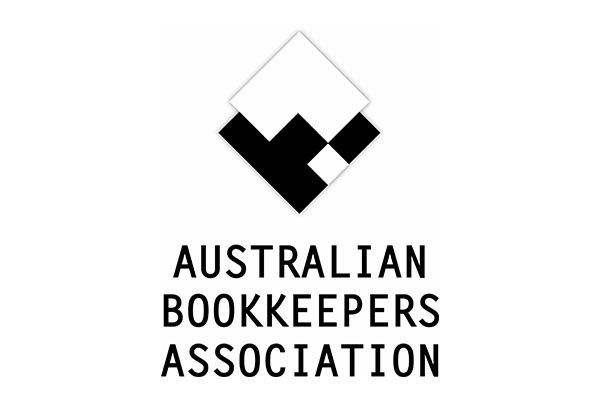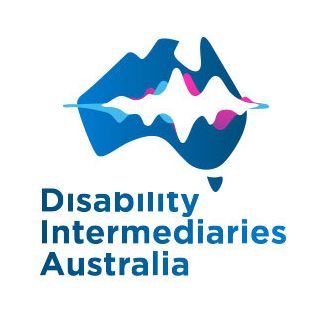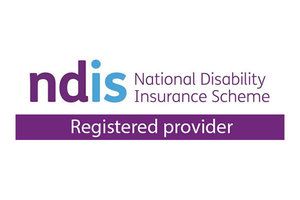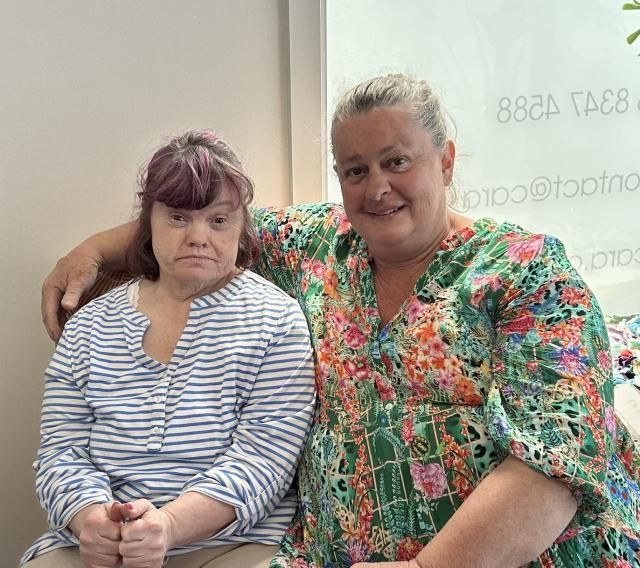10B Washington Street, Port Lincoln, SA 5606 (by appointment only)
Any Questions?
10B Washington Street, Port Lincoln, SA 5606 (by appointment only)
Policies Overview
Privacy, Dignity and Confidentiality
Empowrd protect and handle personal information in accordance with the NDIS/Code of Conduct and relevant privacy legislation. We acknowledge an individual’s right to privacy while recognising that personal information is required to be collected, maintained, and administered to provide a safe working environment. The information we collect is used to provide services to participants in a safe and healthy environment with individual requirements, to meet duty of care obligations, to initiate appropriate referrals, and to conduct business activities to support those services. Empowrd will facilitate, as far as possible, the capacity of all participants who access our supports to determine their own best interests and to make decisions about their own lives, including in relation to directing supports that respect their culture, diversity, values, and beliefs.
Information Storage and Accessibility
Empowrd ensures that information held for each participant is identifiable, accurately recorded, current and confidential. Information held about participants is appropriately used by Empowrd employees. Empowrd has a record management process that includes the access, storage,
maintenance, and disposal of records.
Personal information that is needed is the only information collected to provide supports to participants or to comply with relevant legislation. Personal information we may collect (depending on the supports sought) include name, contact details, racial or ethnic origin, religious beliefs or
affiliations, sexual orientation or practices, health and/or other information necessary to provide supports.
We acknowledge that information we collect about participants is their information, and participants may request at any time to see information we hold about them and update it if required.
In some limited circumstances, permitted by law, we may disclose information about participants to third parties without the consent of the person the information is about. For example, when the request is made for the purpose of law enforcement or child welfare.
Feedback and Complaints Management
Empowrd complaints and feedback are handled transparently, efficiently, and effectively and ensures that each participant has knowledge of and access to the complaints management and resolution system. Complaints made by all parties are welcomed, acknowledged, and respected.
Empowrd is committed to maintaining a complaint and feedback system that follows principles of procedural fairness and natural justice - National Disability Insurance Scheme (Complaints Management and Resolution) Rules 2018.
Empowrd recognises effective feedback and complaint handling processes provides the opportunity to deliver a higher level of service to our customers. Complaints, compliments, and suggestions are welcome as we use all feedback as a mechanism to support continuous improvement. Empowrd ensures that any person wishing to make a complaint either directly to Empowrd or to the NDIS Commission, will not be disadvantaged or suffer any negative consequences by doing so.
While we encourage complaints in the first instance to come directly to us, individuals wishing to raise a complaint about our service directly with the NDIS Commission may do so and will be supported.
Participants can make a complaint or provide feedback verbally by visiting the office or calling our team on (08) 86 8344301. Feedback can also be provided via the website www.empowrd.com.au – Forms – Complaints/Feedback. Via the link at the base of the newsletter ‘Feedback’ and/or
‘Complaints’. Your feedback is confidential, and you have the option to remain anonymous. NDIS Quality and Safeguard Commission – 1800 035 544 or email contactcentre@ndiscommission.gov.au (National Relay and Interpreters are available).
Whilst details of complaints, feedback comments and outcomes may be recorded and stored, Empowrd ensures that all personal information provided by the complainant, or their representative shall be deemed strictly confidential and only disclosed if required by law
Incident Management
Empowrd ensures that each NDIS participant is safeguarded by our incident management process, ensuring that incidents are acknowledged, responded to and managed.
We are committed to protecting the safety and wellbeing of our participants and staff. Our incident management process links closely with our risk management and continuous improvement framework. Empowrd will comply with all requirements of funding bodies and legislation regarding reporting critical and reportable incidents or dangerous workplace incidents.
Conflict of Interest
Potential conflicts of interest can arise as part of the normal day to day activities at Empowrd when providing support for people with a disability.
We aim to reduce the likelihood of potential conflicts of interest arising, or where this is not possible, ensure that the circumstances surrounding a potential conflict of interest are documented and transparent, so that processes remain fair and transparent to everyone concerned.
Empowrd staff recognise and understand their responsibility to identify and acknowledge either real or perceived conflicts of interest and declare any potential conflicts of interest or any other matters that could potentially lead to a conflict of interest.
Staff will act in the best interests of the NDIS participant ensuring that participants are informed and empowered. Staff will not constrain, influence or direct decision-making by a person with a disability and/or their representative. Empowrd will manage perceived and actual conflicts of interest in service delivery. Participants' right to choose and make their own decisions is respected throughout this process.
Definition: A conflict of interest occurs when a person’s personal interests’ conflict with their responsibility to act in the best interests of the organisation and the people supported. Personal interests include direct interests as well as those of family, friends, or other organisations a person may be involved with or have an interest in (for example, as a shareholder, board member or business owner). A conflict of interest may be actual, potential, or perceived and may be financial or non-financial. These situations present the risk that a person will decide, based on, or affected by these influences rather than in the best interests of the organisation and must be managed accordingly.
Transitions to or from a provider
Participants experience a planned and coordinated transition to and from Empowrd.
Any transition is facilitated in collaboration with each participant where possible and documented.
The participant is communicated with so that the transition is effectively managed.
When participants enter the service or exit the service:
- Staff consult with the participant/representative and key workers to develop a transition plan considering the participant's needs and preferences including cultural needs, values, and beliefs
- if necessary, develop a risk management plan to manage any identified risks during transition
- ensure all workers involved in the transition are aware of the transition plan and identified risks that need to be managed
- review the transition plan regularly during the transition to ensure that are no unplanned circumstances or unmanaged risks
- following the transition, follow up with the participant and their family/carer/supporter for feedback.
Independence and Informed Choice
Participants are supported to make informed choices, exercise control, and maximise their independence.
- Choice and decision making is supported using the language and mode of preferred communication
- Rights to the dignity of risk in decision making is respected while the participant is supported to make informed choices about the benefits and risks of the options under consideration.
- Everyone’s autonomy is respected, including rights to intimacy and sexual expression.
- Participants are supported to consider and review their options of service provision
- Participants are supported to access an advocate of their choosing
Advocacy
Advocacy is acting, speaking, or writing to promote and protect the human rights and welfare of a vulnerable person or group of people. Examples of vulnerable people include Aboriginal and Torres Strait Islander peoples, children and their families, refugees, the elderly, the LGBTQIA community, the homeless, and people living with a disability. Advocacy services for people with disability in Australia are funded by The National Disability Advocacy Program (NDAP) which ensures there is no cost for participants or service providers to access advocacy services.
Violence, Abuse, Neglect, Exploitation and Discrimination
Every person has a right to live a life free from the fear of violence, abuse, harm, neglect, discrimination, and exploitation regardless of their gender, age, disability, background, or any other characteristic. We are committed to ensuring the safety and wellbeing of all participants we provide supports and services to.
Any alleged, suspected or act of abuse, neglect or exploitation is a reportable incident. It is reported to the NDIS Commission, police, and any other relevant authority.
It is our organisation's responsibility to ensure all staff will respond to reportable incidents immediately and a notification process will be undertaken with the NDIS Commission and relevant stakeholders. Information regarding accessing an advocate where allegations of violence, abuse, neglect, exploitation or discrimination have been made Disability Advocacy.
Dignity of Risk
Dignity of Risk: Is the belief that each person that is aged, frail aged or with a disability is entitled to experience and learn from life situations even if these, on occasion, may be a threat to their wellbeing. Each person experiencing a risk, of which they have been informed, is to receive support in the situation.
Duty of Care: Is the obligation to take reasonable care to avoid injury to a person whom it can be reasonably foreseen might be injured by an act, or omission.
Participants are supported to make informed choices and decisions about the supports they receive and activities they may wish to undertake. This may require the support of others with the participant’s/representative’s consent. Informed decision making involves a general awareness of
the consequences of the decision which needs to be made voluntarily and without coercion.
Full copies of our Policy/Processes can be provided upon request.

EMPOWRD PTY LTD
Empowering our clients to have the knowledge and skills to take ownership over their journey with the NDIS.
NDIS Provider Number:
405 003 5156
ABN:
24 625 238 959
Quicklinks
Empowrd Plan Management Services
Empowrd Support Coordination Services
Service Agreement Easy Sign Up
Emergency & Disaster Management Resources
Other Locations
Empowrd News and Insights


Acknowledgement of Traditional Owners
Empowrd pays our respect to all Aboriginal and Torres Strait Islander peoples, their history, knowledge and continuing connection to the community and to Elders of past, present and future generations. We celebrate diversity and welcome all people regardless of ethnicity, faith, orientation or gender identity.
We create welcoming and inclusive environments for all.





